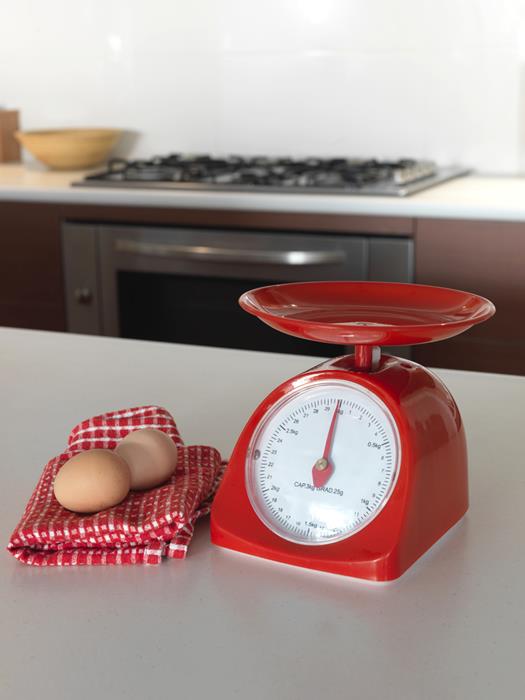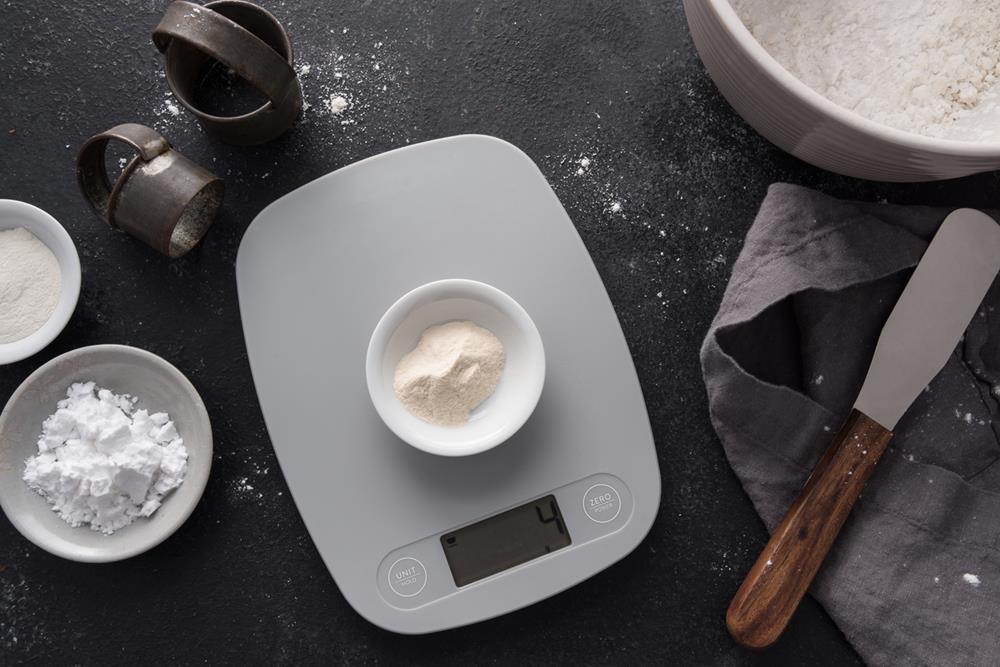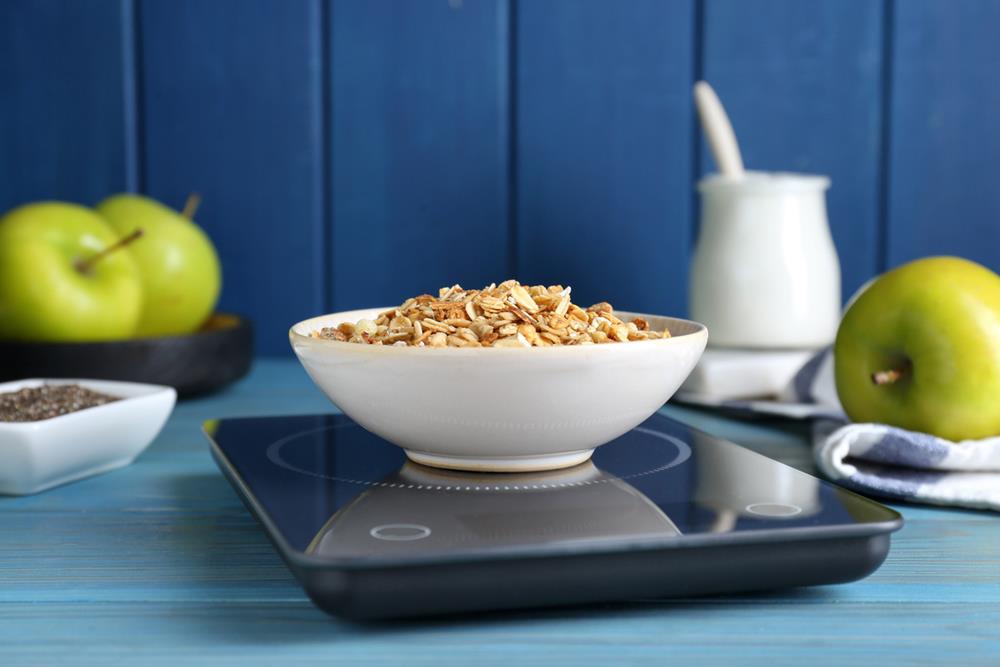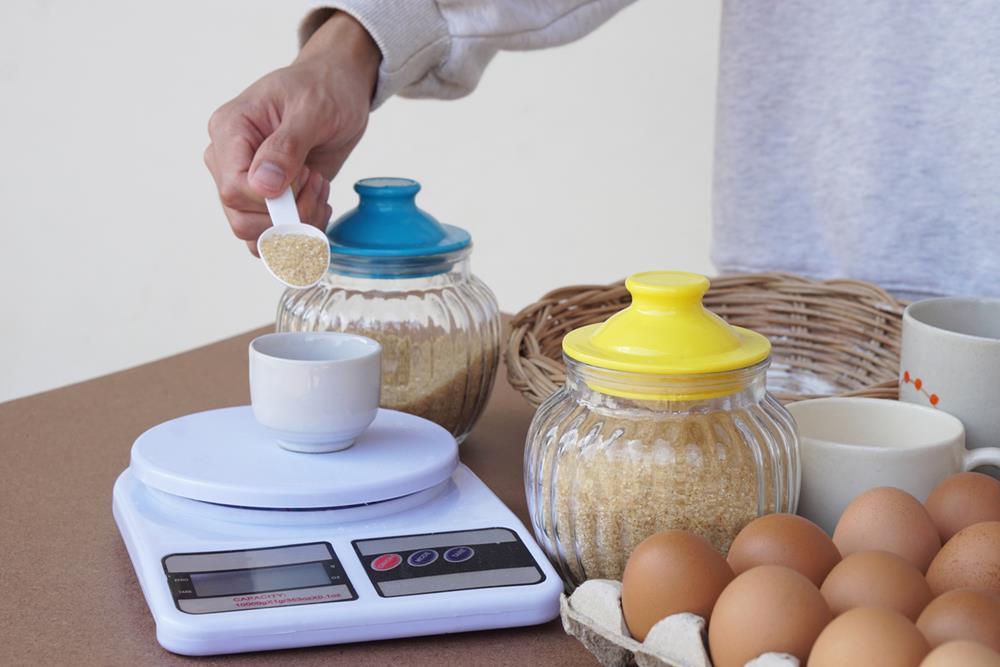Whether you’re a culinary enthusiast measuring ingredients with precision, a fitness buff tracking your weight, or someone who simply likes to keep an eye on household items, scales play a crucial role in our daily lives. The debate between mechanical and digital scales is ongoing, with both types bringing their own sets of strengths and weaknesses to the table.
In this article, we’ll discuss the characteristics of mechanical and digital scales, exploring how each operates and which might be the better choice depending on various needs and circumstances. By comparing their accuracy, durability, and additional features, we aim to provide you with all the information you need to make an informed decision about which type of scale is best suited for your lifestyle.
Understanding Mechanical Scales
Mechanical scales, also known as analog scales, operate on a simple and robust mechanism that has stood the test of time. These scales use a spring system where the weight placed on the scale compresses a spring, and the displacement of the spring indicates the weight. This method, while straightforward, taps into the timeless principles of physics, making mechanical scales both reliable and enduring.
How Mechanical Scales Work
- Spring Mechanism: When an object is placed on the scale’s platform, it compresses a coiled spring inside the scale. The degree of compression correlates to the weight and is displayed via a rotating dial.
- Calibration: Mechanical scales often require manual calibration to maintain accuracy. This usually involves adjusting a knob or dial to set the scale back to zero before use.
Advantages of Mechanical Scales
- Durability: With fewer electronic components that can break down, mechanical scales are typically more durable and longer-lasting, especially in environments where electronic devices might falter.
- No Power Required: These scales operate entirely without batteries or electricity, which makes them convenient and portable. This feature is particularly beneficial in areas where electrical power is inconsistent or for people who prefer a device that’s always ready to use.
- Simplicity: Mechanical scales are generally straightforward to use with no complex functions or settings. This makes them accessible to people of all ages and technical skill levels.
Disadvantages of Mechanical Scales
- Precision Limitations: The main drawback of mechanical scales is their limited precision. They can be prone to slight inaccuracies and might not provide readings as detailed as their digital counterparts. This can be a significant limitation for tasks requiring precise measurements.
- Feature Limitations: Unlike digital scales, mechanical models lack additional features like digital readouts, memory functions, or the ability to measure body composition metrics. This simplicity, while a benefit in terms of reliability and ease of use, maybe a drawback for users seeking more advanced functionalities.
Understanding these scales’ operation and characteristics can help determine if they are the right choice for your measuring needs. Whether for personal health, cooking, or even industrial use, mechanical scales can offer a dependable solution where simplicity and durability are prized.
Understanding Digital Scales
Digital scales represent a modern approach to weight measurement, utilizing electronic components and digital technology to offer precision and a range of advanced features. These scales work through a system of sensors and electronic data processing, which allows them to provide detailed and accurate readings.
How Digital Scales Work
- Sensor Technology: Digital scales typically use strain gauge technology. This involves sensors that detect the smallest deformations in the material caused by weight placed on the scale. These deformations are converted into electrical signals, which are then processed to display the weight on a digital screen.
- Calibration: Digital scales also require calibration, but this process is often automated. Many digital scales come with a calibration feature that ensures accuracy over time.
Advantages of Digital Scales
- High Precision and Accuracy: Digital scales offer superior accuracy and can measure minute changes in weight. This makes them ideal for applications where precision is critical, such as in cooking or pharmaceutical measurements.
- Advanced Features: Many digital scales come equipped with features such as memory storage, connectivity with smartphones or computers, and the ability to measure body composition, including fat percentage and muscle mass.
- Ease of Reading: Digital scales display weight in an easy-to-read digital format, often with backlit screens that make reading effortless under any lighting conditions.
Disadvantages of Digital Scales
- Dependence on Power: Unlike mechanical scales, digital scales require batteries or a power source to operate, which can be inconvenient if the power source fails or batteries die.
- Durability Concerns: With more complex electronic components, digital scales can be more susceptible to damage from moisture, dust, or mechanical impact. This makes them less ideal for harsh environments.
- Cost: Typically, digital scales can be more expensive than mechanical scales, especially models with extensive features and connectivity options.
Digital scales have become increasingly popular due to their precision and the added functionalities that assist in day-to-day tasks beyond simple weight measurement. From kitchen use to health monitoring, digital scales provide a technologically advanced tool for both personal and professional use. Understanding the capabilities and limitations of digital scales can help consumers choose a product that best fits their requirements, ensuring they benefit from the technological advances these scales offer.
Comparative Analysis
When deciding between mechanical and digital scales, several key factors come into play, such as accuracy, ease of use, features, maintenance, and cost. Each type has its strengths and weaknesses, and the right choice often depends on the specific needs and preferences of the user. Here’s a detailed comparison of both types of scales based on these critical aspects.
Accuracy and Precision
- Digital Scales: Known for their high precision, digital scales offer exact measurements and can detect slight variations in weight. This makes them ideal for applications requiring meticulous accuracy, such as in pharmaceuticals or precise cooking measurements.
- Mechanical Scales: While reliable for general use, mechanical scales are less precise than digital scales. They are more suitable for situations where extreme accuracy is not critical, such as checking luggage weight or everyday home use.
Ease of Use and Readability
- Digital Scales: With digital displays, these scales provide immediate and clear readings, often featuring large numbers and backlit screens for easy visibility in various lighting conditions.
- Mechanical Scales: The readability can vary with the quality of the scale. Older or lower-quality mechanical scales might have smaller, harder-to-read dials, whereas higher-quality models can be quite user-friendly.
Feature Set and Innovations
- Digital Scales: They often come with additional features such as the ability to track weight over time, connect to mobile apps, measure body composition, and even integrate with other smart home devices.
- Mechanical Scales: Generally, these scales do not offer additional features beyond the basic weight reading. Their appeal lies in their simplicity and reliability without the need for advanced functionality.
Maintenance and Durability
- Digital Scales: Require more careful handling due to their electronic components. They are sensitive to water and extreme temperatures and can be more prone to functionality issues over time. Regular battery changes or recharging is also necessary.
- Mechanical Scales: Known for their ruggedness, they typically last longer without needing much maintenance. They are less sensitive to environmental conditions and can endure more rough handling.
Cost Comparison
- Digital Scales: Tend to be more expensive initially, especially models with advanced technologies and features. However, they offer more functionality per dollar spent if those capabilities are utilized.
- Mechanical Scales: Usually cheaper and offer good value for basic weight measuring needs without ongoing costs for power or maintenance.
The decision between mechanical and digital scales often comes down to the specific requirements of the user. For those needing basic weight measurements without the fuss of batteries or electronic issues, a mechanical scale might be the best choice.
Conversely, for users who value precision and additional features like health tracking or precise ingredient measurements, a digital scale would be more appropriate. Each type of scale has its place, and understanding these differences can guide consumers to make an informed choice that aligns with their lifestyle and needs.
Use Cases and Recommendations
Choosing between mechanical and digital scales largely depends on the specific application and user preferences. Below are some practical use cases and recommendations to help decide which type of scale might best suit different needs:
Mechanical Scales: Ideal for Simplicity and Durability
- Outdoor and Rough Environments: Due to their robustness and lack of dependence on electricity, mechanical scales are excellent for use in outdoor settings or places with rugged conditions, such as farms, warehouses, or workshops.
- Basic Home Use: For those who simply need a straightforward tool for occasional weight checks, such as for luggage before a flight or general household items, mechanical scales provide a no-frills, reliable option.
- Emergency Preparedness Kits: In situations where power might not be reliable, such as during natural disasters, having a mechanical scale can be beneficial for various logistical needs.
Digital Scales: Perfect for Precision and Advanced Features
- Health and Fitness Monitoring: For individuals tracking their weight loss progress or monitoring health metrics, digital scales can provide detailed insights like body fat percentage, muscle mass, and water content, which are invaluable for health enthusiasts.
- Culinary Applications: Chefs and baking enthusiasts benefit from digital scales’ precise measurements, which are crucial for recipes requiring strict ingredient proportions.
- Scientific and Medical Use: In environments where precision is critical, such as laboratories or pharmacies, digital scales can provide the necessary accuracy for experiments or medication dosing.
Recommendations Based on User Needs
- For Users Valuing Convenience: Those who appreciate connectivity and ease of use should consider digital scales. Features like Bluetooth connectivity that syncs weight data to smartphones make tracking and recording over time effortless.
- For Users Looking for Longevity Without Maintenance: If longevity and low maintenance are priorities, a mechanical scale is a dependable choice. These scales are less likely to need repairs and don’t require power sources or battery replacements.
- For Budget-Conscious Users: While digital scales offer more features, they are typically more expensive. Budget-conscious buyers looking for simple weight measurement tools might prefer the economical option of a mechanical scale.
Conclusion
Whether mechanical or digital scales are better depends on your specific needs and preferences. If simplicity and durability are your top priorities, a mechanical scale is a reliable choice. However, if you seek precision and additional features like health tracking and precise measurements, a digital scale will serve you better. Consider your main requirements and usage scenarios to make an informed choice that best fits your lifestyle.
Additional Ideas
- The merits and demerits of each type of weighing scale can be compared easily using a pros and cons slide.
- If you are looking for legit ARTG-registered medical scales that you can purchase online, visit the Wedderburn site.
- Newer models of digital scales have software programs that you can use for numerous purposes, such as unit conversions.
- Digital scales usually have many buttons and functions, but Yourweighingbuddy.com has tips and advice on using them.
- Mechanical scales are considered more accurate than digital scales, but they are less precise. Accuracy is being close to the true measurement within an acceptable margin of error, while precision displays the same readings when you weigh the same object multiple times.
- Accuracy in weighing scales is affected by these factors.





